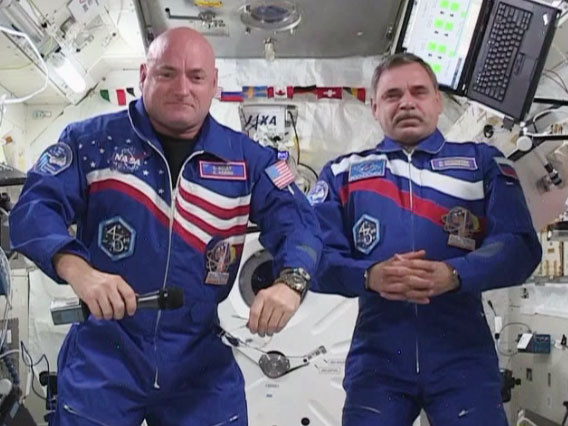A new study published in Nature Communications Biology found that DNA mutations were present in blood-forming stem cells in all 14 astronauts tested from NASA's space shuttle program. Despite being extremely high given the age of the astronauts, the mutation rate was below a critical level of concern.
However, monitoring programs will be essential as NASA works toward long-duration deep space missions via its Artemis program on the moon and subsequently, human trips to Mars, according to the new study team.
Although the study is exceptional for preserving astronaut blood for such a long time, the findings are not ground-breaking. Instead, the researchers advise routine blood testing for astronauts to check for any potential abnormalities.
According to study lead author Dr. David Goukassian, a cardiology professor at Icahn Mount Sinai, the team decided to pursue the new study because of the growing interest in both commercial spaceflights and deep space exploration, as well as the potential health risks of exposure to various harmful factors associated with repeated or long-duration exploration space missions.
The researchers discovered a higher prevalence of somatic mutations in the genes of the 14 astronauts studied, compared to statistics for the general population who has traveled to space.
The astronaut cohort flew on shuttle flights that lasted an average of 12 days between 1998 and 2001. Six of the astronauts were on their first mission, and about 85% of the crew were men.
The astronauts' whole blood samples were taken from them twice by researchers: on the day of landing and precisely 10 days before spaceflight. A single collection of white blood cells was made three days after arrival. The blood samples were then kept inert for 20 years at minus 112 degrees Fahrenheit in a freezer (minus 80 degrees Celsius.)
Less than 2% of the genes exhibited somatic mutations, nevertheless. According to the statement, people who cross that barrier run a greater risk of acquiring heart disease and several types of cancer.
"The presence of these mutations does not necessarily mean that the astronauts will develop cardiovascular disease or cancer, but there is the risk that, over time, this could happen through ongoing and prolonged exposure to the extreme environment of deep space," Goukassian added.
NASA recently changed its lifetime radiation restrictions for astronauts, which opponents claimed were discriminatory towards women, who had previously been subjected to lower limits than male astronauts. Other genders have not been revealed in the agency population to date.






